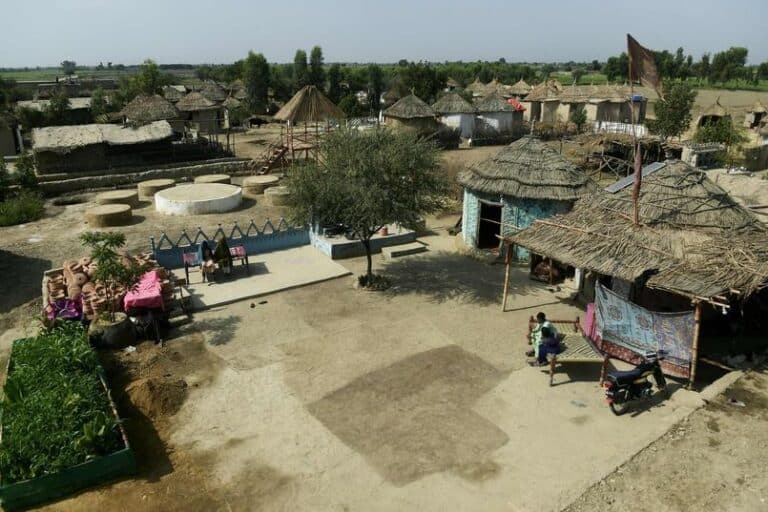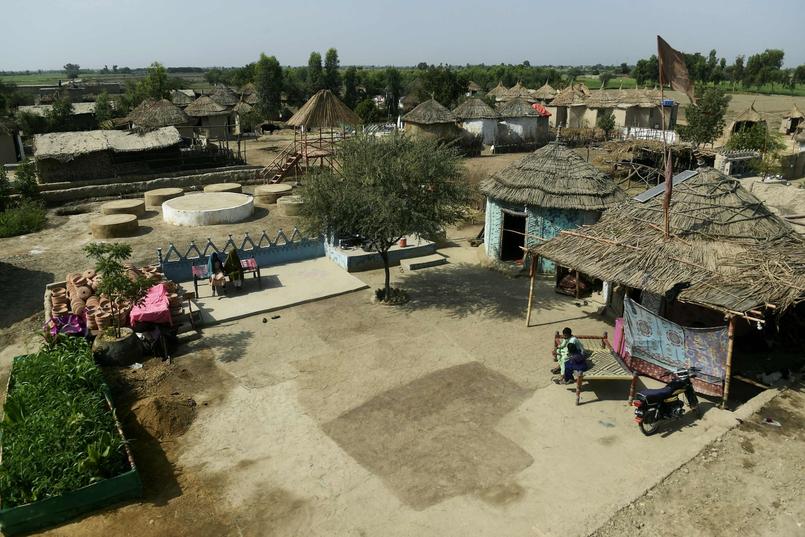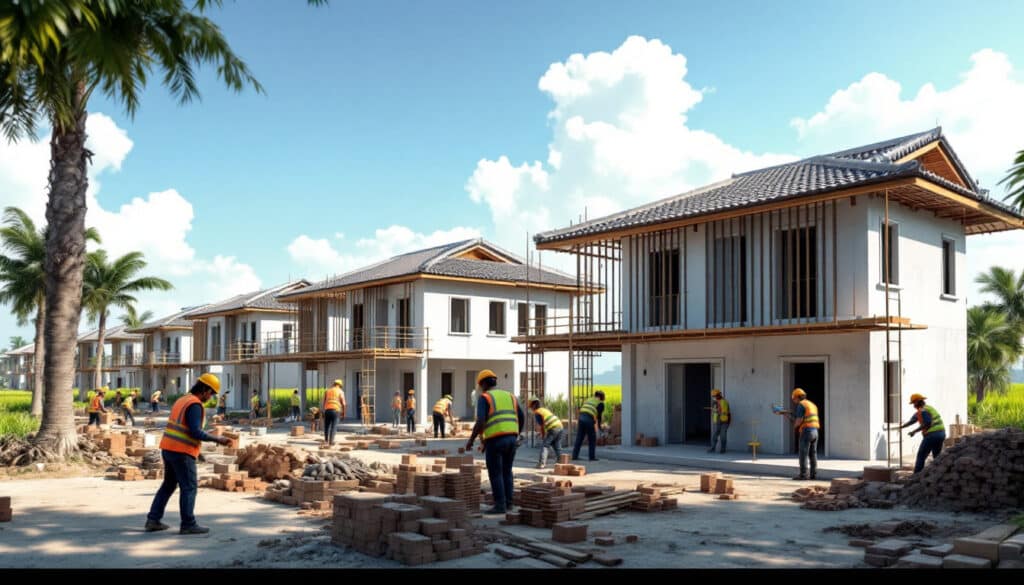
In a world where technological innovation is transforming our daily lives, Huawei and its partners join forces to present a referential architecture revolutionary dedicated to the interconnected ecosystem ofOpenHarmony. This initiative aims to shape the future of smart buildings, by integrating solutions that facilitate optimized resource management and fluid interconnection between different devices. Thanks to this synergy, a new horizon of efficiency and comfort opens up, promising to raise living standards while accelerating the adoption of advanced technologies in various fields.

Huawei, in collaboration with its partners, recently unveiled a unique repository architecture dedicated to the interconnected OpenHarmony ecosystem. This initiative aims to revolutionize the field of intelligent buildings, by integrating innovative solutions and optimized energy management. Through this strategic alliance, Huawei and its partners want to transform our approach to connected spaces and IoT technologies.
Table of Contents
ToggleAn Innovative Referential Architecture
The referential architecture presented by Huawei is based on a unique framework integrating logic cloud-pipe-edge-pipe-device. This holistic approach makes it possible to take advantage of a private cloud to provide a solid digital foundation, ensuring seamless data management across all connected devices. This model adapts to the specific requirements of smart buildings, where energy efficiency and connectivity are paramount.
The Benefits of Smart Buildings
Smart buildings with OpenHarmony architecture enable proactive and reactive system management. With integrated advanced technology, businesses can monitor the performance of their infrastructures in real time. Additionally, this architecture facilitates the integration of various IoT devices, thereby improving not only user convenience but also operational efficiency.
Strategic Partnerships for Innovation
The collaboration between Huawei and its partners plays a crucial role in the implementation of this innovative architecture. These alliances, based on trust and knowledge sharing, allow companies to accelerate their digital transformation. These partners have already demonstrated their commitment to joint projects, thus strengthening the impact of their solutions on the market.
OpenHarmony: A Platform for the Future
OpenHarmony, as an operating system designed for the Internet of Things, provides a rich ecosystem enabling large-scale application development. With HarmonyOS, Huawei has created a flexible and adaptable environment capable of supporting a wide range of devices, from smartphones to smart home equipment, strengthening the interconnection of all these elements.
Energy and Sustainability at the Heart of Transformation
One of the major challenges of intelligent buildings is their ability to optimize energy consumption. The Huawei Energy Saving solution is part of this logic, allowing businesses to monitor and manage their energy consumption efficiently. During this initiative, Huawei partners are also exploring sustainable practices that contribute to a greener future.
Towards a Technological Revolution
With the presentation of this architecture, Huawei positions itself as a leader in the interconnected technologies market. By bringing together different players around the same vision, the company is paving the way for a technological revolution that could redefine the way we interact with our environments. All of the innovations presented promise not only technical advances, but also significant improvements in the quality of life of users.

- Strategic Partners: More than 1,000 companies collaborate around a common goal.
- Open Ecosystem: Development of a reference architecture for OpenHarmony.
- Technological Innovation: Implementation of solutions for smart buildings.
- Interoperability: Better connectivity between IoT devices and infrastructures.
- Energy Optimization: Efficient management of energy consumption in buildings.
- Artificial Intelligence: Integration of AI to improve system performance.
- Community Support: Sharing of resources and expertise between partners.
- Sustainable Development: Initiatives in favor of energy efficiency and ecology.
The open-source OpenHarmony has been updated to the latest OpenHarmony 4.1 Release version, and the development kit has been upgraded to API 11 Release in sync. According to the official preview, OpenHarmony 5.0 is expected to be released in the third quarter of this year.
— jasonwill (@jasonwill101) May 11, 2024
















